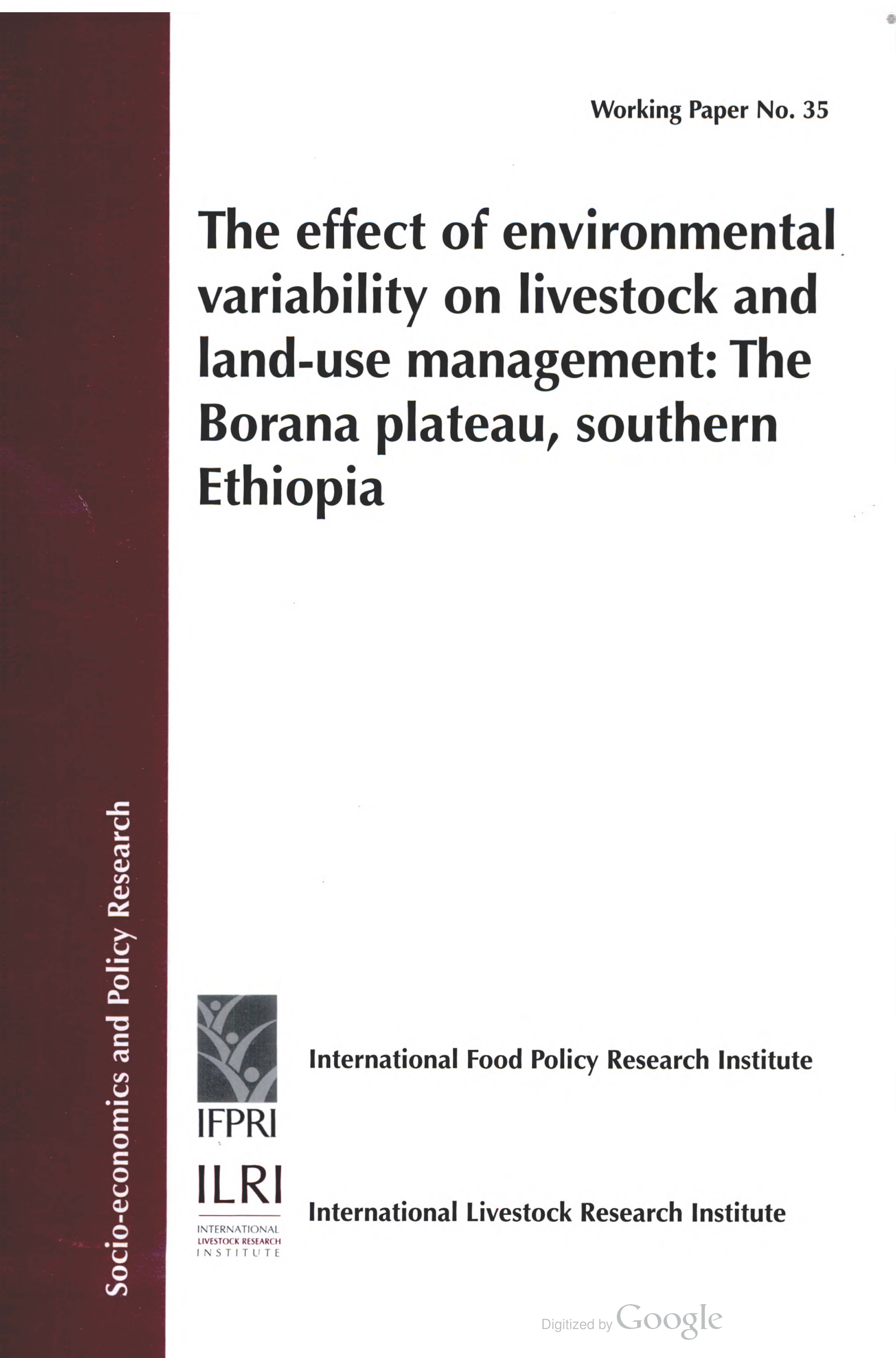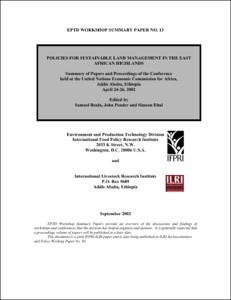Focal point
Location
About IFPRI
The International Food Policy Research Institute (IFPRI) provides research-based policy solutions to sustainably reduce poverty and end hunger and malnutrition in developing countries. Established in 1975, IFPRI currently has more than 500 employees working in over 50 countries. It is a research center of theCGIAR Consortium, a worldwide partnership engaged in agricultural research for development.
Vision and Mission
IFPRI’s vision is a world free of hunger and malnutrition. Its mission is to provide research-based policy solutions that sustainably reduce poverty and end hunger and malnutrition.
What We Do
Research at IFPRI focuses on six strategic areas:
- Ensuring Sustainable Food Production: IFPRI’s research analyzes options for policies, institutions, innovations, and technologies that can advance sustainable food production in a context of resource scarcity, threats to biodiversity, and climate change. READ MORE
- Promoting Healthy Food Systems: IFPRI examines how to improve diet quality and nutrition for the poor, focusing particularly on women and children, and works to create synergies among the three vital components of the food system: agriculture, health, and nutrition. READ MORE
- Improving Markets and Trade: IFPRI’s research focuses on strengthening markets and correcting market failures to enhance the benefits from market participation for small-scale farmers. READ MORE
- Transforming Agriculture: The aim of IFPRI’s research in this area is to improve development strategies to ensure broad-based rural growth and to accelerate the transformation from low-income, rural, agriculture-based economies to high-income, more urbanized, and industrial service-based ones. READ MORE
- Building Resilience: IFPRI’s research explores the causes and impacts of environmental, political, and economic shocks that can affect food security, nutrition, health, and well-being and evaluates interventions designed to enhance resilience at various levels. READ MORE
- Strengthening Institutions and Governance: IFPRI’s research on institutions centers on collective action in management of natural resources and farmer organizations. Its governance-focused research examines the political economy of agricultural policymaking, the degree of state capacity and political will required for achieving economic transformation, and the impacts of different governance arrangements.
Research on gender cuts across all six areas, because understanding the relationships between women and men can illuminate the pathway to sustainable and inclusive economic development.
IFPRI also leads two CGIAR Research Programs (CRPs): Policies, Institutions, and Markets (PIM) andAgriculture for Nutrition and Health (A4NH).
Beyond research, IFPRI’s work includes partnerships, communications, and capacity strengthening. The Institute collaborates with development implementers, public institutions, the private sector, farmers’ organizations, and other partners around the world.
Resources
Displaying 1211 - 1215 of 1521The effect of environmental variability on livestock and land-use management: The Borana plateau, southern Ethiopia
Policies for sustainable land management in the East African highlands
This document presents the proceedings of the international conference held at the United Nations Economic Commission for Africa, Addis Ababa, Ethiopia, April 24-26, 2002. The theme of the conference was Policies for Sustainable Land Management in the East African Highlands, which was convened to bring together researchers, policy makers, development practitioners, donors and others to review, discuss and synthesize the findings and policy implications of policy research related to sustainable land management in the East African highlands.
Measuring the production efficiency of alternative land tenure contracts in a mixed crop-livestock system in Ethiopia
Although the question of relative production efficiency of indigenous land rights is central to a discussion of land reform in sub-Saharan Africa, there is relatively little rigorous empirical research because of a lack of adequate disaggregated data with the exception of few studies, the subject has not benefited from rigorous empirical analysis. Further, most studies have covered only areas of rainfed agriculture.
Livelihood strategies and land management practices in the highlands of Tigray
This paper investigates the livelihood strategies and land management practices used in the highlands of Tigray region, the factor influencing them, and their implications for crop production and income, livestock income and investment, other sources of income, and farmers; perceptions of land degradation. The findings of the study shows that profitable opportunities exist to increase agricultural production, household incomes and achieve more sustainable land management in the highlands of Tigray. The paper ends with comment from Frank Place.
Credit policy and intensification in mixed crop-livestock systems: A modelling perspective
Using a household bioeconomic modelling approach, this paper analyses the impact of advancing in-kind credit in the form of fertilizer and seed on smallholder farmers with different levels of wealth in the Ethiopian highlands. Cropland allocation and household consumption patterns are examined in relation to credit availability. The paper then explores appropriate policy mechanisms for advancing credit to smallholder farmers in order to encourage intensification.





